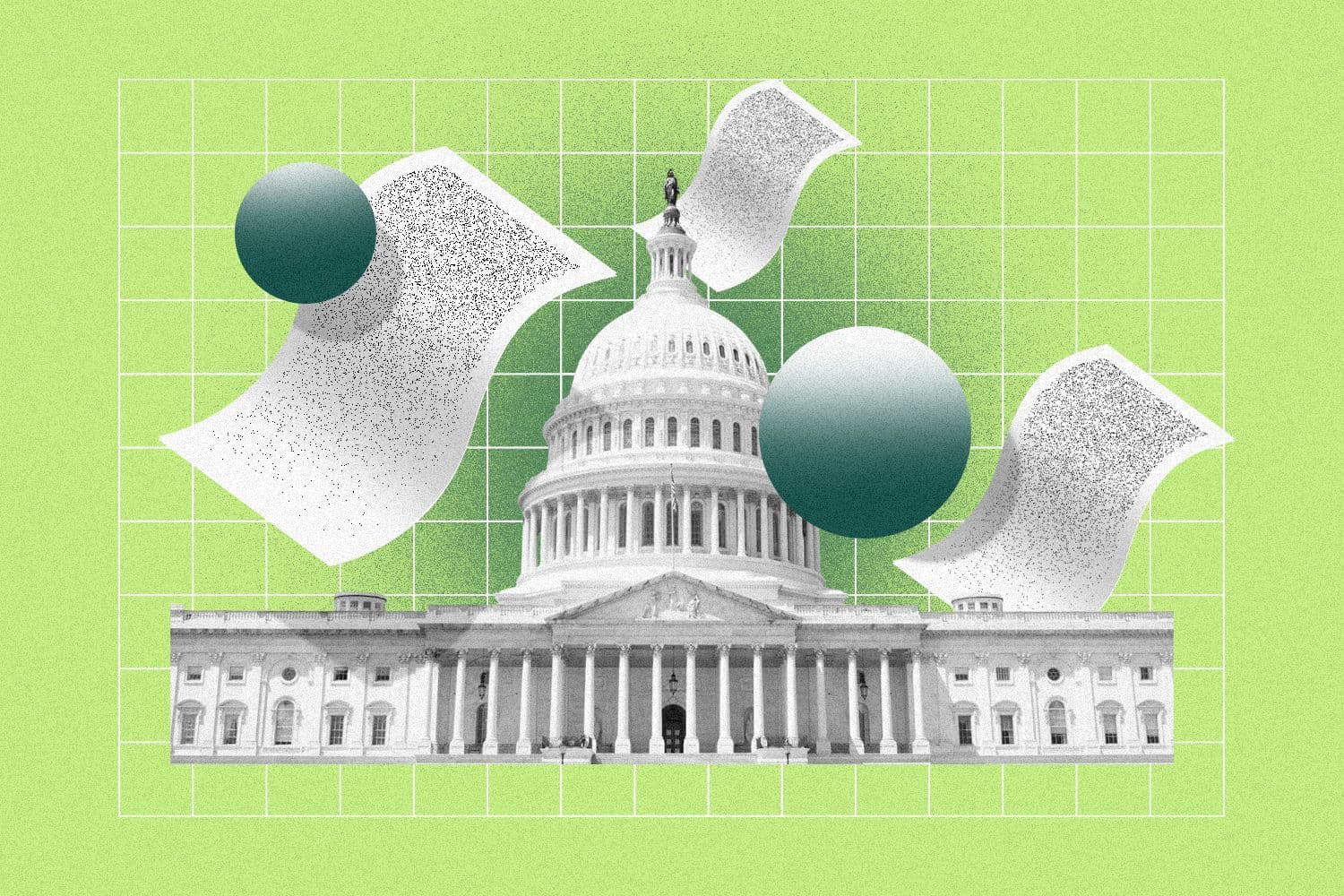Start date of the NLRB’s joint-employer rule is delayed again
A Texas federal judge delayed the start date after holding a hearing for a lawsuit from business groups challenging the rule.

Francis Scialabba
• 3 min read
Courtney Vinopal is a senior reporter for HR Brew covering total rewards and compliance.
The effective date of a National Labor Relations Board (NLRB) rule that would make it easier for organizations to qualify as a “joint employer” was pushed back, once again.
The rule, which had been set to take effect Feb. 26, was pushed back two weeks, to March 11. A Texas federal judge delayed the start date after holding a hearing for a lawsuit challenging the rule, which was filed by business groups including the US Chamber of Commerce.
The US District Judge, J. Campbell Barker, indicated “an opinion with the court’s reasoning will be issued forthwith.”
What the joint-employer rule would do. This is the second time the start date for the new policy has been delayed; the NLRB previously pushed it back one month, from Dec. 26.
The rule would lower the bar for two entities to be considered a joint-employer, as they would only have to share one essential term of employment—such as wages, benefits, or employment tenure—to qualify. It was easier for organizations to avoid joint-employer status under the old rule, as it required both employers to exercise “substantial direct and immediate control” over employment conditions.
Being a joint employer subjects both parties to legal liability for one another’s actions, as well as collective bargaining obligations.
NLRB Chairperson Lauren McFerran previously said the new standard reflects “a legally correct return to common-law principles and a practical approach to ensuring that the entities effectively exercising control over workers’ critical terms of employment respect their bargaining obligations under the NLRA,” referring to the federal statute covering worker rights.
Quick-to-read HR news & insights
From recruiting and retention to company culture and the latest in HR tech, HR Brew delivers up-to-date industry news and tips to help HR pros stay nimble in today’s fast-changing business environment.
Why the rule is facing pushback. The final rule has been challenged in the courts and by US lawmakers since it was first announced last fall. House representatives voted to kill the rule through a Congressional Review Act measure in January.
The business groups suing to overturn the rule stated in a Nov. 9 complaint that it’s “destabilizing” and “unlawful.” They further argued the NLRB’s definition of a “joint employer” under federal labor law is “overbroad and directly contradicts the established common-law definition that limits joint employment to relationships of actual and substantial control.”
In the recent hearing, Barker appeared to express concern about the rule’s practical effect on collective bargaining, Reuters reported. The owners of several different office buildings, for example, might be expected to negotiate with one union representing janitorial workers employed by separate companies, he suggested.
Though the rule won’t have any direct impact on employers for now, it’s expected to have a particularly strong effect on franchisors, as well as companies that rely on staffing firms should it ultimately take effect.
Quick-to-read HR news & insights
From recruiting and retention to company culture and the latest in HR tech, HR Brew delivers up-to-date industry news and tips to help HR pros stay nimble in today’s fast-changing business environment.